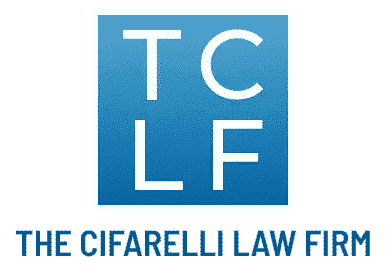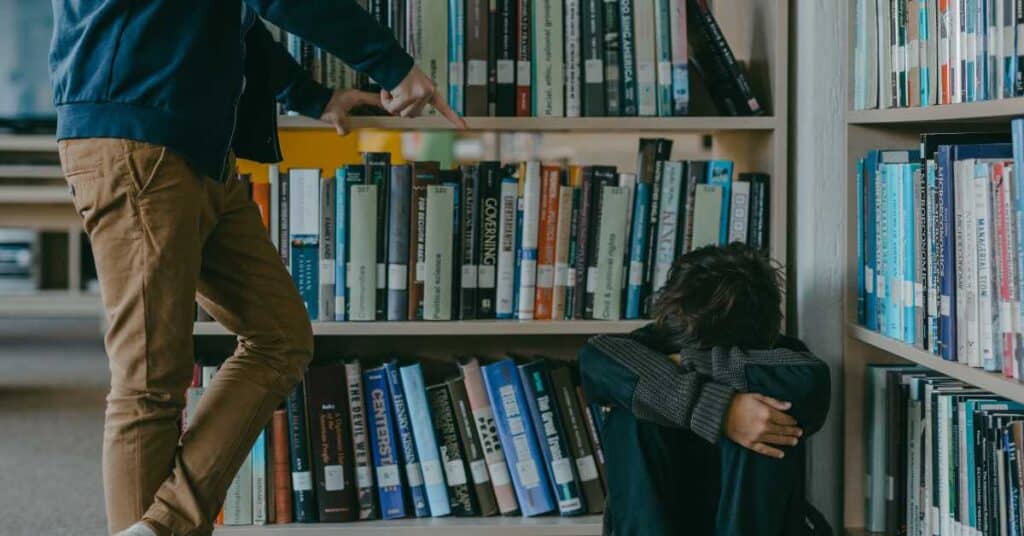Recognizing signs of child sexual abuse at school can be tricky. Unless your child lets you know what’s going on, it’s difficult to tell whether common symptoms, like sudden moodiness or loss of interest in activities they used to enjoy, are the result of sexual abuse or something else.
It’s devastating to learn that school safety protocols for children aren’t ironclad when it comes to preventing child abuse in educational settings. Learn how you can identify sexual abuse as early as possible, protect your child, and seek support for victims of child sexual abuse in schools.
Signs of Sexual Abuse in Children and Teens
Children who suffer sexual abuse at school may show signs like:
- Unusual behaviors, like talking a lot less than usual or spending almost all their time alone
- Withdrawing from certain activities, like sports, that used to be important to them
- Avoiding certain people or suddenly changing their circle of friends
- Familiarity with sexual topics that aren’t age appropriate
- Inexplicable mood swings or aggression
- Sudden loss of appetite
- A drastic dip in school performance
- Obsessive-compulsive symptoms, like bathing all the time
The problem with many of these symptoms is that they’re not specific to sexual abuse. Many teens go through moody periods or lose interest in activities or friendships. However, you should listen to your instincts as a parent. If you feel something is off, look deeper into the matter and seek professional help if necessary.
Encouraging Your Child to Talk About Their Experience
Many children are too traumatized or embarrassed to talk about child sexual abuse at school. If the abuser is a fellow student, they might be afraid of bullying, and if the perpetrator is a staff member, they may feel no one would believe them. It’s crucial to encourage your child to open up and let them know you’re there to protect them.
You should:
- Try to stay calm and create a safe, accepting atmosphere to encourage your child to confide in you
- Ask gentle, open-ended questions such as “What happened after that?”
- Be patient and listen carefully without interrupting your child
- Ensure your child knows that you believe them and that the abuse wasn’t their fault
- Tell your child they did the right thing by speaking about what happened
- Assure your child that they’re safe now and that you’ll act immediately to stop the abuse
Who Is Responsible?
Child protection measures in schools should safeguard your child against sexual abuse. If you feel like your child’s school didn’t do enough to prevent child abuse on its premises, you can take legal action both against the school district and directly against the abuser.
This is true whether your child attends a public, private, or charter school. However, public schools usually have stricter rules that require reporting child abuse in educational environments.
If you suspect your child has suffered sexual abuse at school, call a helpline or contact law enforcement. You should also speak to a sexual abuse lawyer and learn your options for claiming compensation.
Call The Cifarelli Law Firm If Someone Sexually Abused Your Child at School
After you recognize child sexual abuse at school, you may ask what happens next. Do you need to prove the abuse? Who carries responsibility for your child’s harm?
The Cifarelli Law Firm can help your family seek justice. Our skilled and compassionate lawyers work hard to protect the rights of children who experience sexual abuse in a school setting. We’ll walk you through the litigation process and provide reliable legal support until we resolve your case.
Call (949) 409 6324 for a free consultation with a sexual abuse lawyer in Irvine, CA.


